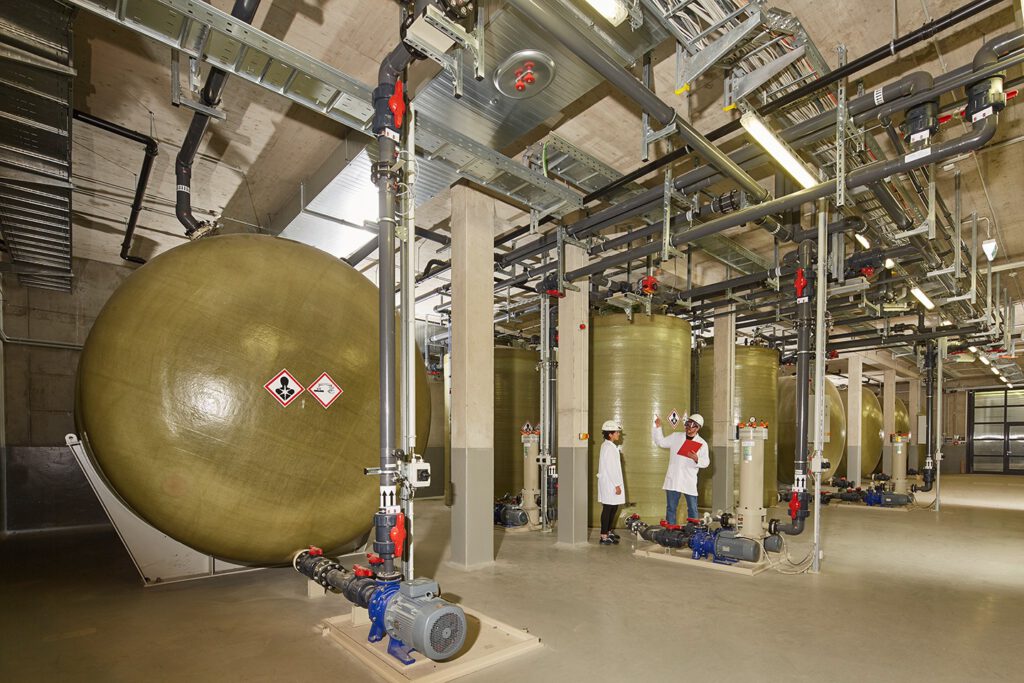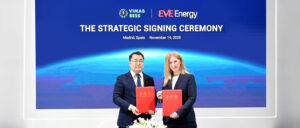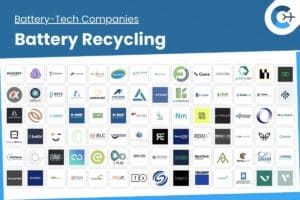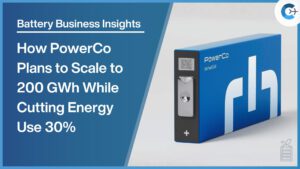Europe’s largest vanadium redox flow battery at the Fraunhofer Institute for Chemical Technology (ICT) in Pfinztal, Germany, entered controlled test operation and successfully demonstrated the on-demand integration of wind and solar power into the electrical grid. In this initial trial, surplus renewable energy was stored in the battery’s electrolyte tanks and delivered to the grid with precision, independent of real-time weather conditions.
The modular system relies on vanadium redox flow chemistry, with multiple stacks of battery cells connected to external tanks containing vanadium electrolyte. By decoupling energy capacity from power output, this technology addresses a key challenge in the energy transition: managing excess green electricity during peak generation periods, which can otherwise lead to curtailment or negative market prices. During the tests, the storage platform absorbed intermittent power and released it as grid operators required.
“We have shown that renewable energy can be managed intelligently with our storage platform. This is a decisive step towards a stable, flexible and resilient electricity system based on renewable sources,” explains Adj. Assoc. Prof. (UNSW, UQ) Dr. Jens Noack, Team Manager for Flow Batteries at Fraunhofer ICT.
Developed entirely with components and expertise sourced within Germany, the battery installation also serves as a research and development platform. It enables testing of new cell designs, advanced flow control systems, and enhanced battery management algorithms. Fraunhofer ICT plans to collaborate with industrial partners domestically and internationally to iterate on materials, scale, and system integration.
As utility-scale storage becomes increasingly vital for balancing supply and demand in grids with high renewable penetration, this demonstration underlines the potential of redox flow batteries to provide long-duration storage, grid stability services, and predictable dispatch capabilities.
Source: Fraunhofer ICT
















